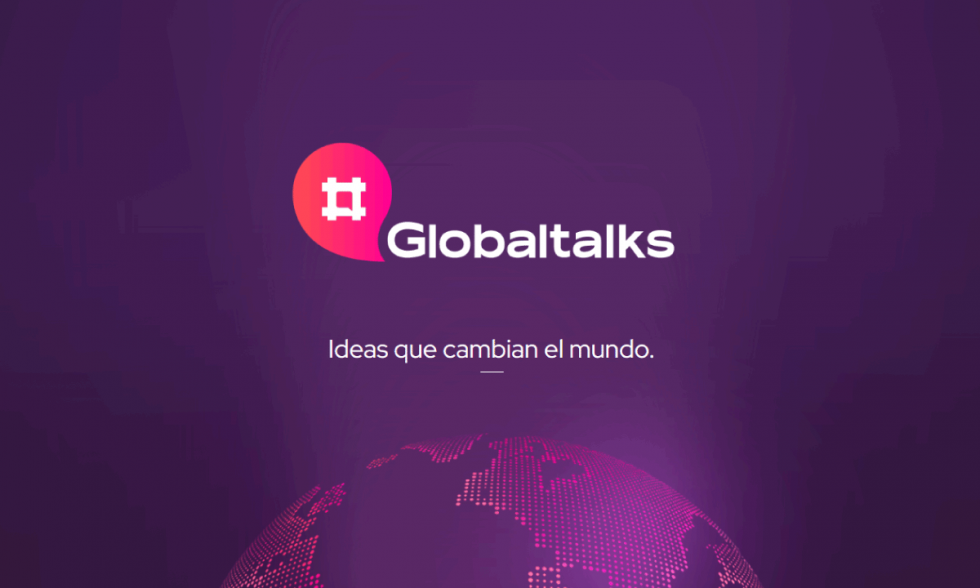Artificial Intelligence Transforms Corporate Travel: Innovation, Efficiency and Global Opportunities
Artificial intelligence (AI) is no longer a futuristic concept but a practical tool transforming corporate travel management worldwide. Companies across North America, Europe, Asia, and Latin America are increasingly adopting AI to streamline bookings, optimize itineraries and manage travel budgets.
Recent studies indicate that AI-driven travel management can reduce costs by up to 20 percent, improve adherence to company travel policies, and provide real-time personalized support to travelers. “AI is becoming a strategic asset in corporate travel,” says a technology analyst in London. “It combines operational efficiency with financial control, which is critical in today’s global business environment.”
Benefits for Businesses and International Travelers
AI offers clear advantages for corporations, students on exchange programs, and professionals engaged in international assignments:
- Cost optimization: AI evaluates thousands of flight and hotel combinations, suggesting the most economical options without compromising schedules.
- Enhanced traveler experience: Intelligent systems provide tailored itineraries and real-time support, minimizing delays and stress.
- Policy compliance: Algorithms ensure adherence to corporate travel guidelines, increasing transparency and accountability.
- Data-driven insights: Travel data collection and predictive analytics allow informed decision-making and strategic planning.
For multinational corporations and universities managing global programs, these benefits represent both operational efficiency and strategic advantage.
Implementation Challenges
Despite the clear benefits, AI adoption in corporate travel comes with challenges:
- Resistance to change: Shifting from manual processes to automated systems requires cultural adaptation among employees and management.
- Training and skills development: Personnel must be trained to effectively use AI tools and interpret recommendations.
- Integration with legacy systems: Compatibility with existing corporate software is essential, often requiring technical adjustments.
- Data privacy and ethics: Managing large volumes of sensitive data demands strict adherence to privacy regulations and ethical standards.
Successfully overcoming these challenges is key to fully leveraging AI in global travel management.
Emerging Trends and Future Perspectives
The future of corporate travel is closely linked to AI-driven innovation. Key trends include:
- Advanced automation: AI is expected to handle complex tasks such as supplier negotiations, emergency planning, and dynamic itinerary adjustments.
- Virtual travel assistants: AI-powered assistants can provide instant support and recommendations during travel.
- Predictive analytics: Companies can forecast travel patterns, demand for destinations, and flight availability, allowing proactive planning.
- Integration with emerging technologies: AI combined with blockchain, Internet of Things (IoT), and Big Data creates secure, efficient, and traceable travel solutions.
Universities and corporate training programs are already exploring AI-powered solutions to manage international mobility, ensuring cost-effective and seamless travel experiences.
Impact on Education and Global Mobility
AI is also reshaping international student mobility and professional development programs. Students participating in exchange programs, internships, or global courses benefit from personalized travel assistance, predictive itinerary planning, and enhanced safety measures.
Educational institutions can leverage AI to monitor student travel patterns, provide real-time support, and reduce administrative costs. By integrating AI into global mobility programs, universities improve efficiency and offer a more seamless experience for students and faculty.
Strategic Implications for Global Organizations
For companies managing international operations, AI is a strategic tool. It enhances cost management, reduces operational risk, and improves global competitiveness. Organizations that effectively implement AI in travel management gain a critical advantage, enabling them to respond quickly to changes, optimize resource allocation, and maintain employee satisfaction.
Latin American companies and educational institutions are beginning to adopt AI solutions, balancing automation with staff training and compliance with local regulations. Early adopters gain competitive advantages, including better cost control, efficient travel planning, and enhanced traveler experience.
Redefining Global Travel Management
AI is redefining how corporate and educational travel is managed worldwide. Organizations that embrace AI can achieve operational efficiency, strategic insight, and enhanced mobility, while those that fail to adapt risk falling behind in an increasingly competitive global environment.
The combination of innovation, predictive analytics, and intelligent automation allows corporations and institutions to navigate international travel challenges effectively, ensuring cost-efficient, secure, and productive journeys for employees, students, and professionals.
Source: Skift
Related Articles

The most recent edition of GlobalTalks brought together entrepreneurs from around the world to examine the role of personal branding in strengthening business growth and digital visibility. The event was led by branding specialist and award-winning marketing professional Miriam Collado.

Online specialization programs have become a powerful catalyst for professional growth worldwide. International institutions are responding by offering advanced learning pathways that align with global workforce demands.

Jeff Bezos has launched Project Prometheus, a new artificial intelligence company aiming to compete with the world’s leading developers of advanced AI systems. The venture begins with a strong international hiring strategy and ambitions to influence the direction of global AI research.
Todos los derechos reservados

Comentarios